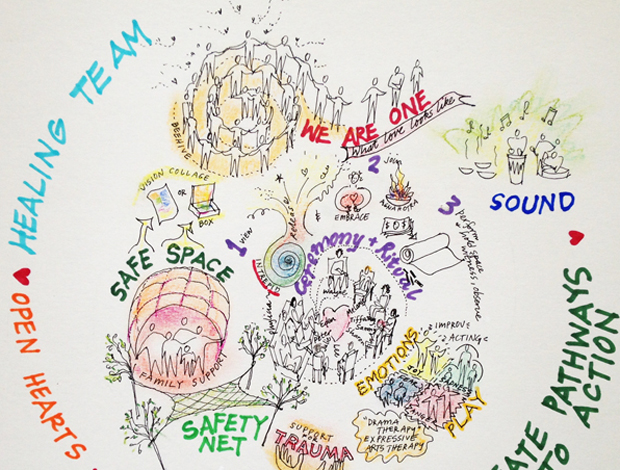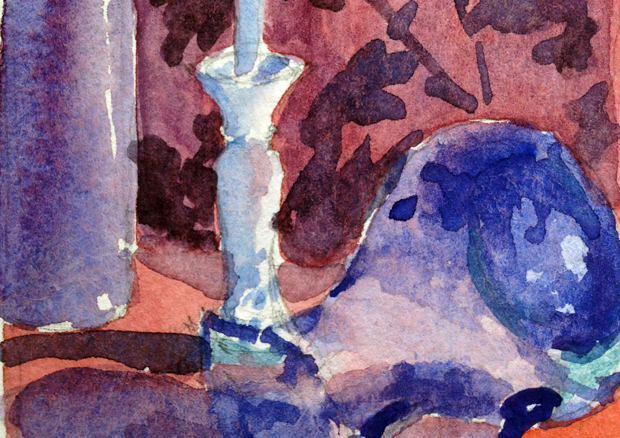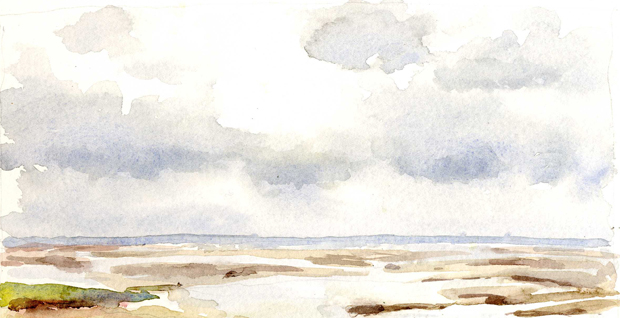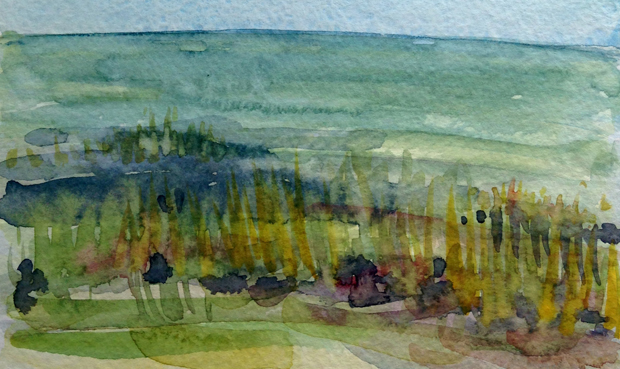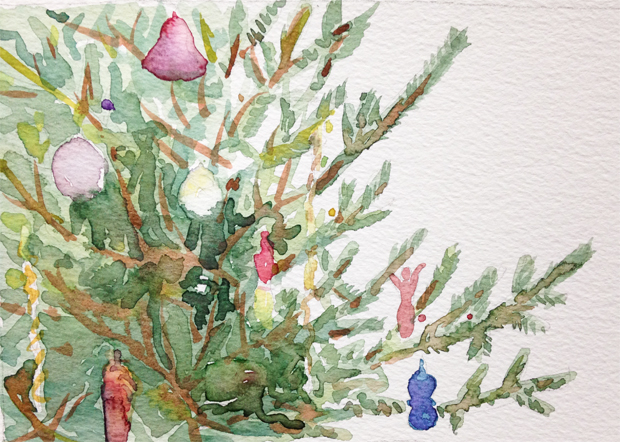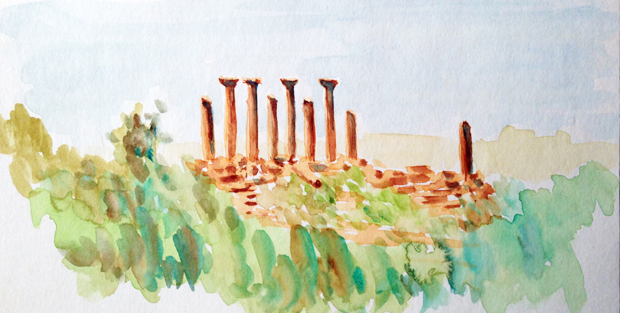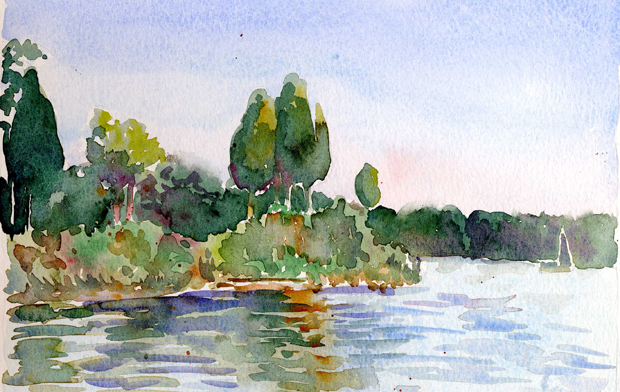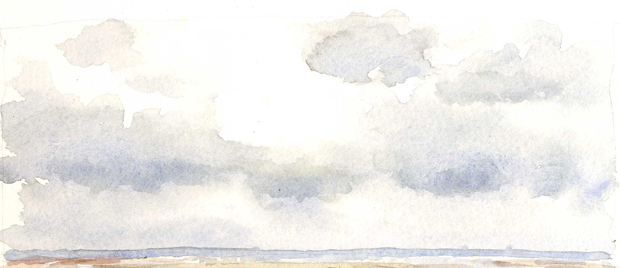It is in pardoning that we are pardoned.
Under the influence of the Judeo-Christian values of modern culture, I have the habit of believing the story that we are all flawed, that part of my task in this life is to work on myself, to fix my failings, and try to be less bad. While it’s certainly rewarding to grow and learn and increase my awareness and equanimity, there is a big difference when I come at it with the intent of discovering innate capacities, rather than purging unwanted ones, or rooting out evil and unworthiness.
Forgiveness and blame are two sides of the coin of pardon. When I forgive another, I forgive myself, because pardoning comes from a sense of worthiness—my own and another’s. We are all worthy of empathy and understanding, and therefore pardon. Blame is the opposite of pardon. Blame directs anger outward, making an object out of a subject, creating separation and “othering.” Through empathy and compassion, pardon draws both subject and object together through a shared understanding that we are all connected. Continue reading

